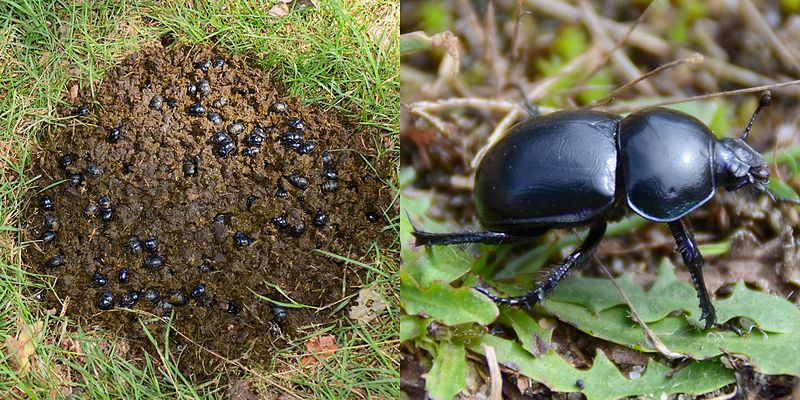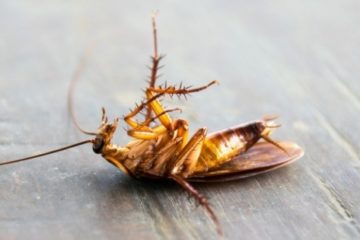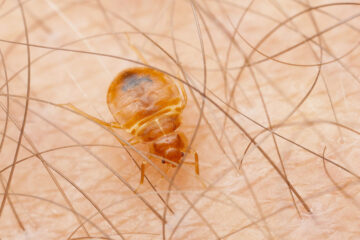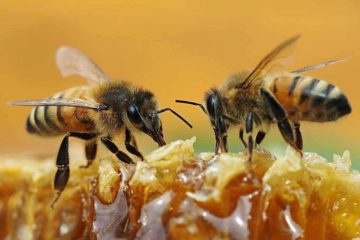If you’ve invested a lot of time and effort into maintaining your backyard garden, then you know the hardships of keeping it pest-free and healthy. Pesticides and those so-called revolutionary technology, you’ve tried them all. But did you know that Mother Nature offers you the most natural means to properly care for your garden? Meet every gardener’s surprising little helpers: the dung beetle.
Dung beetles are a dark and round type of beetles that feed on animal feces or dung. They’re found in every continent in the world, except in Antarctica. They emerge usually during summer and are most active after rains.
Decades of agricultural research have proven that the presence of dung beetles does indeed help an ecosystem thrive. Dung beetles were initially thought to be most helpful in livestock farms. Since the 1960s, certain species of dung beetles have been imported and used as an integrated pest control and soil propagation method by farmers in Australia and in the state of California. Today, dung beetles have made their way into every garden enthusiast’s most wanted list of good garden bugs.
Here’s how dung beetles effectively help you properly take care of your garden.
Dung beetles are pest-predators. Farmers all over the world have resorted to releasing dung beetles into their farms to suppress pest and insect population. As a gardener, you’ll find dung beetles to be especially helpful when you have pets treating your green haven like their personal toilet. Animal waste can attract more than 3,000 disease-carrying flies, worms, and other insects into setting up camp in your garden. These insects harm your plants and your family’s health. But don’t fret, because along with the insects attracted to animal waste are dung beetles. These beetles feed on animal waste and make it their home. Dung literally becomes their whole world. They’re very territorial about it, so they’ll eliminate and eat other insects attempting to invade or intrude in their home and source of food. However, there are also dung beetles whose larvae may feed on fly larvae in the manure pat. They are predators of fly larvae.
Dung beetles fertilize soil. There are three types of dung beetles: dwellers, tunnelers, and rollers — each type has a unified role in distributing nutrients from manure onto your garden soil. The rollers are the most common. They scoop animal dung, make it into a ball, and roll it another area where they bury it into the soil. Meanwhile, tunnelers dig underneath the manure pat. They move manure bits down into the soil and lay their eggs there. Then, there’re the dig in to the animal dung, making burrows inside where they can stay. All these processes distribute the fertilizer properties of animal waste into your garden soil and quicken the process of soil enrichment and porosity. This means more nutrients for your plants.
Dung beetles remove human pathogens from the animal waste. There are tons of bacteria that come in animal waste. The most common is the e.coli bacteria. Aside from feeding on it, dung beetles effectively prevent these bad bacteria by burying the dung deep into the ground where they cannot thrive.

CONCLUSION
Dung beetles can keep your garden pest-free and clean, increase rates of nutrient distribution in soil, and suppress human pathogens. They also leave your pets alone. So rest easy knowing that you’re not putting your pets at risk when you let dung beetles into your garden.
Dung beetles have proven to be tenacious little helpers. So, the next time you see them in your garden, you can very well just leave them be and let them do their thing. It’s a win-win situation for the both of you. They find a new home, while you get a cleaner and healthier garden.
3542 E Altadena Ave, Phoenix, AZ 85028,


